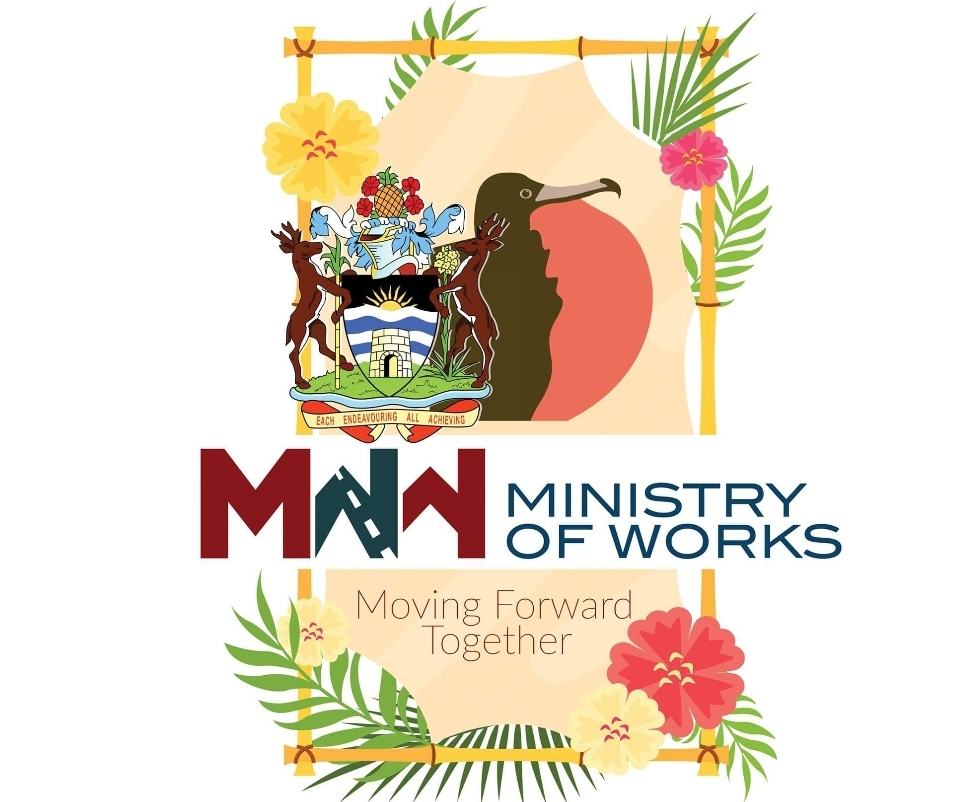The Ministry of Health is pleased to announce a groundbreaking collaboration between the Antigua and Barbuda government and WOTA, a distinguished Japanese firm, aimed at implementing innovative household water recycling systems.

This strategic partnership, formally endorsed by Prime Minister Gaston Browne, Health Minister Sir Molwyn Joseph, and key officials from the National Housing Development and Urban Renewal Company, as well as CHAPA, will address the pressing water crisis gripping the nation, compounded by the adverse effects of climate change.
In response to the dire water scarcity facing Antigua and Barbuda, the government has been steadfast in its pursuit of viable solutions.

The Memorandum of Understanding signed with WOTA signals a proactive shift towards a multifaceted approach to water conservation.
By facilitating the installation of individual water recycling systems within homes constructed by CHAPA and National Housing, the initiative aims to confront the critical water management issues plaguing the nation.

Through this innovative system, water from showers and kitchen sinks will undergo a rigorous recycling process to render it potable for consumption, while wastewater from septic systems will be repurposed for non-potable uses such as gardening or landscaping.
Moreover, beyond addressing immediate water scarcity concerns, this initiative promises to alleviate secondary challenges associated with soil structure deficiencies in certain regions of Antigua.

By facilitating proper water percolation, the recycling system will mitigate existing issues faced by homeowners, thereby enhancing overall environmental sustainability.
The collaborative agreement outlines a comprehensive evaluation period spanning six months to a year, during which the effectiveness and cost-efficiency of the water recycling systems will be rigorously assessed against traditional water storage methods such as cisterns and soakaways.

This evidence-based approach underscores the government’s commitment to evidence-driven decision-making and prudent resource allocation.
Ultimately, the implementation of household water recycling systems represents a pivotal step towards reducing dependence on centrally produced water resources, thereby fostering greater self-sufficiency and resilience in the face of environmental challenges.

By promoting sustainable water management practices at the individual level, this initiative aligns with broader national objectives of enhancing environmental stewardship and fostering resilient communities.
Through strategic partnerships and innovative solutions, the Ministry of Health remains steadfast in its commitment to safeguarding the health and well-being of all citizens while simultaneously addressing pressing environmental concerns.






Leave a comment